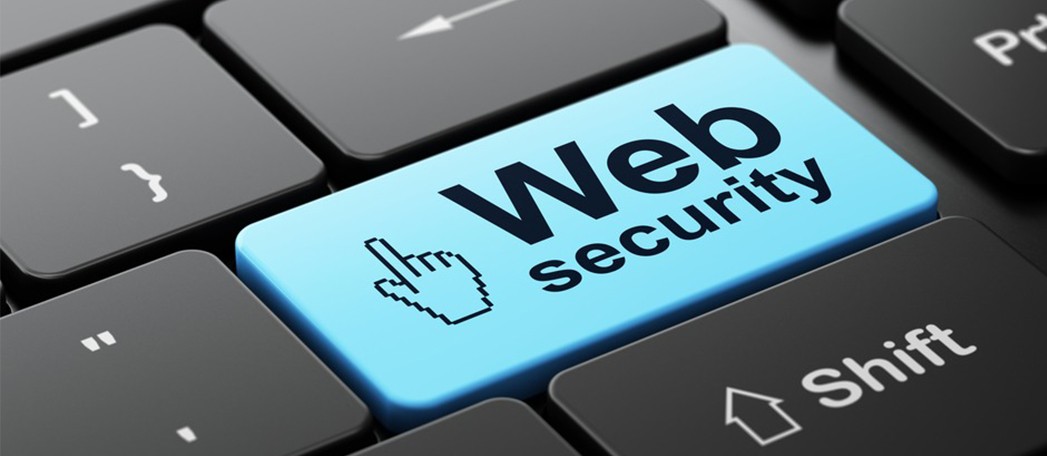IF your website does not get hacked, you mite not realize the importance of keeping your WordPress site secure.
WordPress is known for being one of the most user-friendly website creation platforms available online, but out of the box WordPress is a popular target for hackers and spammers across the globe.
According to ZDNET, WordPress accounted for 90 percent of all hacked CMS sites in 2018. A study was made that stated that there is an attack every 39 seconds on average.
The question is : “why anyone would want to attack your website, particularly if you have a low traffic website?”, the answer is simply “they want to do is use your server to send spam emails”
And when they use your site to send spam emails, it has a negative effect on your IP, which can be blacklisted.
We will provide the best and easiest ways to make your WordPress site secure, Before we continue, it is important to note that the easiest way to solve this is to host with SkyHot. Securing your site will take time and energy away from your business and that means money. So check our plans and let us show you that securing your site is our specialty.
1. Cut Back on Plugin Use
You should delete plugins and themes you are not using. But it is worth noting that you should make an effort to limit the total number of plugins you install in the first place. To keep your WordPress site secure, you need to be scrupulous in the criteria you use to select plugins.
2. Do not Download Premium Plugins for Free
Though I totally get what it is like to be a business person on a budget, it is just a bad idea overall to try to download premium plugins from anywhere other than where they are officially for sale.
3. Consider Automatic Core Updates
If you are running an older version of WordPress than what is current, all of the security flaws in the version you are running is common knowledge to the public. That means hackers have that info, too, and can easily use it to attack your site.
4. Set Plugins and Themes to Update Automatically
Typically, plugins and themes are things you will need to update manually. After all, updates are released at different times for each. But again, if you are not someone who makes site maintenance a regular thing, you may wish to configure automatic updates so everything stays current without necessitating your immediate intervention.
5. Eliminate PHP Error Reporting
Beefing up your site’s back-end security has a lot to do with closing the holes or weak spots. Now, if a plugin or theme does not work correctly, it might create an error message. This is definitely helpful when troubleshooting, but here is the problem: these error messages often include your server path.
6. Protect Your Most Pertinent Files Using .htaccess
If you are into WordPress security at all, you have heard of the .htaccess file before and have likely accessed it. Still, the changes you make in this one file can have such a huge impact on your entire site’s security, I cannot leave it off the list.
9. Hide Author Usernames
If WordPress defaults are left intact, it is really easy to find out each author’s username for your site. And since more often than not the main author of a site is also the administrator, it is also easy to find out the admin’s username. Which is not good. Anytime you are giving away info to hackers, you run the risk of seeing your site compromised.
10. Obscure the Login Page
Though security that focuses on obscurity is not complete, it is still an important part of your overall strategy. After all, hiding certain elements of your site will not prevent hackers from accessing them, but it will make it harder for them to get to.
11. Host Your Website with a Good Hosting Company
With 41% of hacking attempts being caused by a security vulnerability on a hosting platform, it pays to host your website with a good quality hosting company. Look for a hosting company that places an emphasis on security. One that has:
- Support for the latest versions of PHP and MySQL
- Is optimized for running WordPress
- Includes a WordPress optimized firewall
- Has malware scanning and intrusive file detection
- Trains their staff on important WordPress security issues




